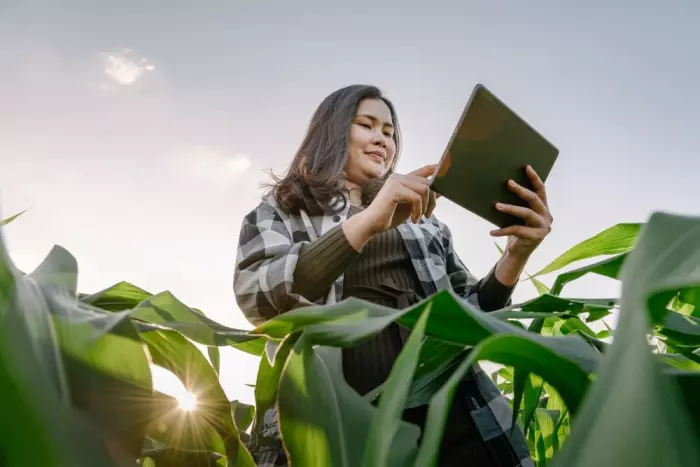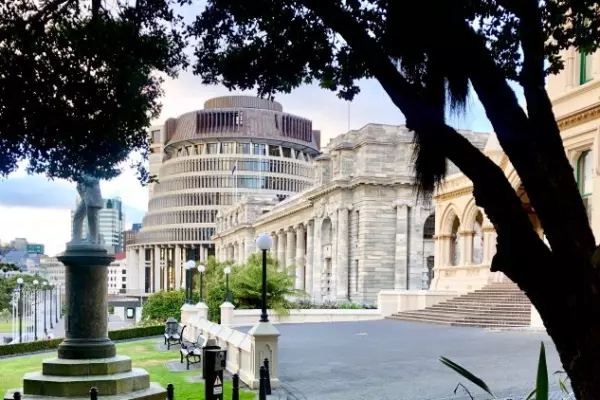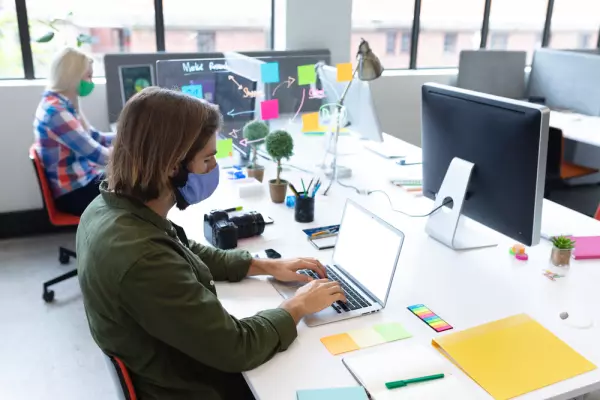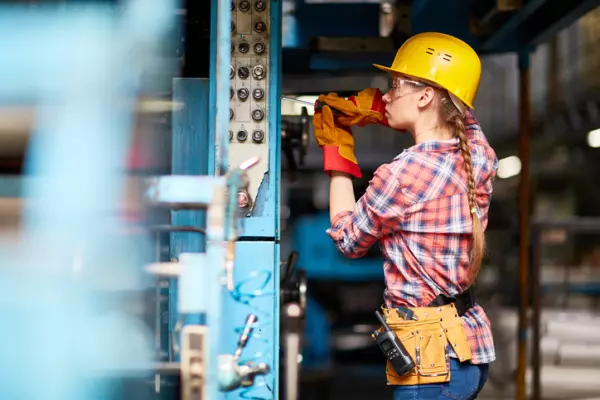This article is part of a paid content partnership with BNZ.
We have been living with covid-19 for over 18 months and while it has placed immediate pressure on our wellbeing, climate change remains the most significant challenge that we must collectively address. The world must coordinate to reduce emissions and we all must play our part.
Global leaders know this and agreed to more ambitious plans at COP26 this month in Glasgow. While Glasgow may not have moved the dial as much as some had hoped, it made clear the ambition to transition, at greater speed, to a low emission, cleaner global economy.
That change is already happening. New Zealand’s government has clearly signalled its intention to encourage cleaner practices through regulation and compliance. Businesses and markets are already heading this way. In the business sector particularly, mindsets have shifted — sustainability is no longer a ‘nice to have’, but a significant imperative to the long-term viability and success of a business.
This embedding of sustainability in how businesses think, invest, and plan goes right to the heart of our actions to drive a rapid, and just, transition to a low emissions economy. An economy that supports people and regenerates the planet.
At BNZ over the last 12 months we have refined our environmental policy and further embedded Environmental, Social, and Governance (ESG) considerations into our lending decisions. An example of that is our decision to lock in an end date for emissions-intensive sectors and companies, such as thermal coal, from our lending and investment portfolios.
But what will really make the difference is our work as a partner. We believe supporting customers with transition plans and partnering with New Zealand’s small and medium enterprises to improve the sustainability of their businesses will have the greatest impact.
Partnerships matter
Our commitment to partnership particularly applies to our farming customers. New Zealand has some of the best farmers on the planet. Many are making rapid progress in cutting emissions and greening their operations. In the last 12 months we have developed sustainability linked loans to incentivise environmental and biodiversity improvements on farms, and our intention is to offer more sustainability incentives to the market in the coming year.
We have also developed the Climate Action Toolbox - an online tool to support New Zealand’s small and medium enterprises to take action. So far 6,000 businesses have used the tool to assess the intensity of their operations and identify where they can make changes – everyone has a part to play.
Tackling climate change requires a multi-pronged approach and just as we are rightly focused on kaitiakitanga — accelerating the just transition to a net zero emissions economy that supports the regeneration of the natural environment – we are also prioritising broader efforts to support the growth of a sustainable and more inclusive economy, and the social, cultural, and environmental benefits it can deliver for New Zealand (manaakitanga).
Our activities to support community growth and wellbeing complement our efforts to reduce emissions. For example, we know that significant benefits, such as reduced energy use and improved health outcomes, flow from secure, affordable, quality housing, and we are working with a range of partners to advance these objectives. Our work includes supporting the development of a prefabrication industry, progressive home ownership solutions, home repair financing, and making funding available for the development of Māori land.
We also see a vibrant Māori economy as critical to creating a New Zealand economy that values the environment and embeds the protection and enhancement of native flora and fauna into its business practices. We are committed to earning the right to support Māori businesses and communities to undertake this important work and to increase the social and economic impact of their activities.
Addressing these issues will not only support the transition to a lower emissions economy but help deliver improved social and economic outcomes for New Zealand’s communities. The challenges we are seeking to address require urgency and I believe by working in partnership we can create a fairer, cleaner, and more prosperous Aotearoa.
Read BNZ's sustainability report here.
This article is only for your information. It’s not professional advice (financial, legal, or otherwise) and can’t be relied upon. If you do use or rely on it, then no one, including BNZ, is liable for any resulting losses (both direct and indirect). Opinions may not be the same as BNZ (or anyone else). For help, please contact BNZ or your professional advisor.











